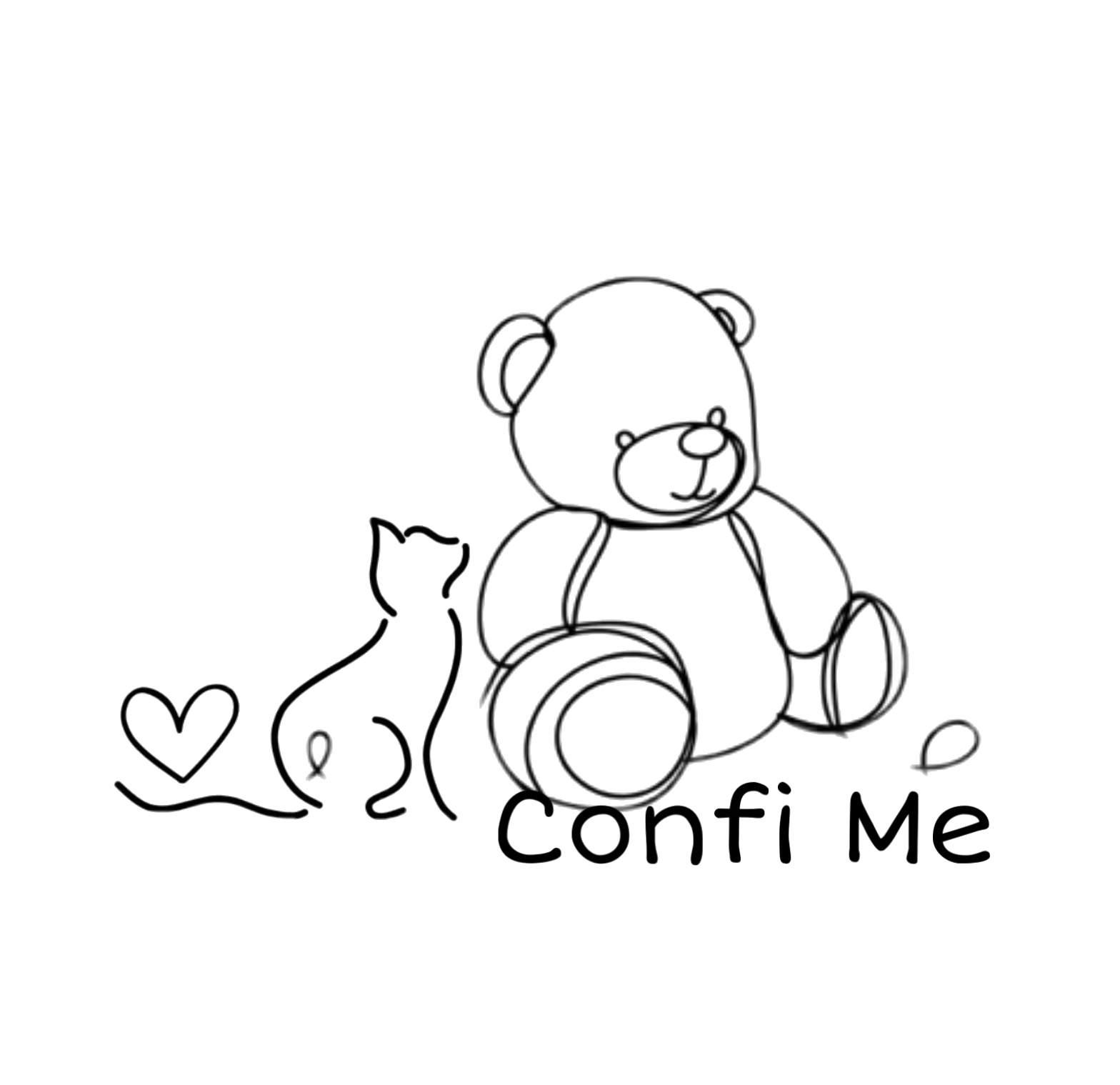
"When people think 'I’m not enough” or “It’s my fault,' it’s often not true — it’s something their environment made them believe."
"Every person deserves to be respected and trusted, no matter their background.
Liking yourself and feeling comfortable in your own life are not luxuries — they are essential human rights."
Liking yourself and feeling comfortable in your own life are not luxuries — they are essential human rights."

— Could you tell us about your current work situation?
"I mainly provide online therapy.
As a licensed clinical psychologist, I work with several mental health platforms based in the U.S., the U.K., Singapore, and the Netherlands.
Through these platforms, I support employees who access therapy as part of their company’s wellness benefits, offering care for mental health, career development, and life transitions.
I also work with individuals who want to face their own emotional challenges and grow beyond them."
As a licensed clinical psychologist, I work with several mental health platforms based in the U.S., the U.K., Singapore, and the Netherlands.
Through these platforms, I support employees who access therapy as part of their company’s wellness benefits, offering care for mental health, career development, and life transitions.
I also work with individuals who want to face their own emotional challenges and grow beyond them."
- — What makes your work or approach unique?I was born and raised in Japan, but in recent years, I’ve been working internationally as a psychologist, and now I live in Europe.
My sessions are based on a deep understanding of Asian mental health issues—such as overwork, social pressure, and low self-esteem—which often affect both Japanese people and others with Asian backgrounds around the world.
Because I’ve lived and worked in many different countries and travel frequently, I’ve learned to stay open-minded and flexible.
This helps me provide sessions that are not limited by narrow cultural ideas, but that truly respect diversity, individuality, and authenticity.

— How did you come to live in Europe?
Over the past five years, I’ve had more and more opportunities to work internationally and collaborate across borders.
Since my work can be done fully online, I decided to live in Europe.
In Japan, I often felt that being a “young woman” meant not being taken seriously.
Many people still expect silence and conformity, and those who speak up are often seen as “troublemakers.”
This silent pressure can destroy self-esteem and emotional freedom.
Japan is an advanced country in technology, but emotionally, people often sacrifice their own well-being for the sake of the group.
I realized that before helping others, I needed to protect my own health and stability first.
Now, from a healthier distance, I can support Japanese clients more objectively and sustainably.
Over the past five years, I’ve had more and more opportunities to work internationally and collaborate across borders.
Since my work can be done fully online, I decided to live in Europe.
In Japan, I often felt that being a “young woman” meant not being taken seriously.
Many people still expect silence and conformity, and those who speak up are often seen as “troublemakers.”
This silent pressure can destroy self-esteem and emotional freedom.
Japan is an advanced country in technology, but emotionally, people often sacrifice their own well-being for the sake of the group.
I realized that before helping others, I needed to protect my own health and stability first.
Now, from a healthier distance, I can support Japanese clients more objectively and sustainably.

— What is your enthusiasm and main interest in your work?
Japan’s mental health challenges often come from losing connection with one’s own voice.
People tend to live based on others’ values—parents, schools, or society—rather than their own feelings.
I help people shift from outside-in living (controlled by expectations) to inside-out living (guided by genuine desire and inner truth).
My early work focused on adolescents struggling with low self-esteem.
I saw how deeply social and family values shape children, leaving little room to express themselves.
As adults, many still struggle with communication, boundaries, and self-respect.
People tend to live based on others’ values—parents, schools, or society—rather than their own feelings.
I help people shift from outside-in living (controlled by expectations) to inside-out living (guided by genuine desire and inner truth).
My early work focused on adolescents struggling with low self-esteem.
I saw how deeply social and family values shape children, leaving little room to express themselves.
As adults, many still struggle with communication, boundaries, and self-respect.

I believe mental health work is not only about healing individuals but also transforming the systems that keep repeating the same problems.
That’s why I’ve worked with local governments, started NGOs supporting youth and diversity, and even ran for election to bring mental health perspectives into policy discussions.
My mission is to make emotional safety and psychological health as normal and accessible as physical health everywhere in the world.
That’s why I’ve worked with local governments, started NGOs supporting youth and diversity, and even ran for election to bring mental health perspectives into policy discussions.
My mission is to make emotional safety and psychological health as normal and accessible as physical health everywhere in the world.
- "Japan’s mental health challenges often come from losing connection with one’s own voice."

— What values guide your practice as a psychologist?
Every person deserves to be respected and trusted, no matter their background.
Liking yourself and feeling comfortable in your own life are not luxuries — they are essential human rights.
Many people live in survival mode, but true fulfillment begins when we move from survival to self-leadership — taking active control of our lives with safety, dignity, and purpose.
In my work with immigrants and refugees, I learned that emotional safety is just as important as food and shelter.
Our goal should not only be to help victims, but also to create systems where harm does not continue to happen.
Liking yourself and feeling comfortable in your own life are not luxuries — they are essential human rights.
Many people live in survival mode, but true fulfillment begins when we move from survival to self-leadership — taking active control of our lives with safety, dignity, and purpose.
In my work with immigrants and refugees, I learned that emotional safety is just as important as food and shelter.
Our goal should not only be to help victims, but also to create systems where harm does not continue to happen.

— Do you have a message for readers?
My guiding motto is to be one of the “World 100 Psychologists.”
That means not only being highly skilled, but also warm, genuine, and deeply human.
In many countries, people casually say, “My therapist…” — I love that.
Having a therapist is not a luxury; it’s a part of healthy living.
In Greece, a woman once told me, “Why does health insurance cover hospitals but not therapy?” — and I completely agree.
Mental health care should be accessible to everyone, regardless of income.
I also believe therapists need fair pay and healthy working conditions, so the system can last.
We need a world where both clients and therapists can thrive.
When people think “I’m not enough” or “It’s my fault,” it’s often not true — it’s something their environment made them believe.
Blaming ourselves can feel easier than questioning an unfair system.
If you feel stuck, unsatisfied, or disconnected from yourself, that might be the perfect time for therapy.
No matter what happens around you, it’s possible to find and keep your inner peace.
I’d be honored to walk with you on a life-changing journey.
Thank you for allowing me to make a meaningful contribution to your growth.
My guiding motto is to be one of the “World 100 Psychologists.”
That means not only being highly skilled, but also warm, genuine, and deeply human.
In many countries, people casually say, “My therapist…” — I love that.
Having a therapist is not a luxury; it’s a part of healthy living.
In Greece, a woman once told me, “Why does health insurance cover hospitals but not therapy?” — and I completely agree.
Mental health care should be accessible to everyone, regardless of income.
I also believe therapists need fair pay and healthy working conditions, so the system can last.
We need a world where both clients and therapists can thrive.
When people think “I’m not enough” or “It’s my fault,” it’s often not true — it’s something their environment made them believe.
Blaming ourselves can feel easier than questioning an unfair system.
If you feel stuck, unsatisfied, or disconnected from yourself, that might be the perfect time for therapy.
No matter what happens around you, it’s possible to find and keep your inner peace.
I’d be honored to walk with you on a life-changing journey.
Thank you for allowing me to make a meaningful contribution to your growth.


»
Biography — Sumire “Suu” Sato
Sumire Sato is a Japanese licensed clinical psychologist based in Europe.
She was born and raised in Japan and has worked internationally for several years.
Sumire provides online therapy for clients around the world through global mental health platforms.
She supports people with issues such as stress, relationships, self-esteem, and life transitions.
Sumire Sato is a Japanese licensed clinical psychologist based in Europe.
She was born and raised in Japan and has worked internationally for several years.
Sumire provides online therapy for clients around the world through global mental health platforms.
She supports people with issues such as stress, relationships, self-esteem, and life transitions.

Her professional background includes working with employees through company wellness programs, as well as with individuals seeking personal growth and emotional healing.
She has also worked with immigrants, refugees, and young people who face cultural and emotional challenges.
Sumire’s approach is based on both Japanese and global perspectives.
She understands the cultural pressures of overwork, perfectionism, and emotional suppression common in Asian societies.
At the same time, her life and work across many countries have made her open-minded, flexible, and deeply respectful of diversity.
She has also worked with immigrants, refugees, and young people who face cultural and emotional challenges.
Sumire’s approach is based on both Japanese and global perspectives.
She understands the cultural pressures of overwork, perfectionism, and emotional suppression common in Asian societies.
At the same time, her life and work across many countries have made her open-minded, flexible, and deeply respectful of diversity.

She believes that mental health is not a luxury but a basic human right.
Her passion is to help people reconnect with their inner voice, build self-respect, and live authentically — from the inside out, not the outside in.
Sumire also founded an NGO in Japan to support youth and promote emotional well-being.
She has given lectures, participated in policy discussions, and even ran for local election to advocate for social and mental health reform.
Today, she continues her mission to make emotional safety and psychological health more accessible for everyone.
Her passion is to help people reconnect with their inner voice, build self-respect, and live authentically — from the inside out, not the outside in.
Sumire also founded an NGO in Japan to support youth and promote emotional well-being.
She has given lectures, participated in policy discussions, and even ran for local election to advocate for social and mental health reform.
Today, she continues her mission to make emotional safety and psychological health more accessible for everyone.

I live in Europe and cooperate with people and companies all over the world.
Contact me for cooperation.
Contact me for cooperation.
E-mail: sumiresuusato@gmail.com

